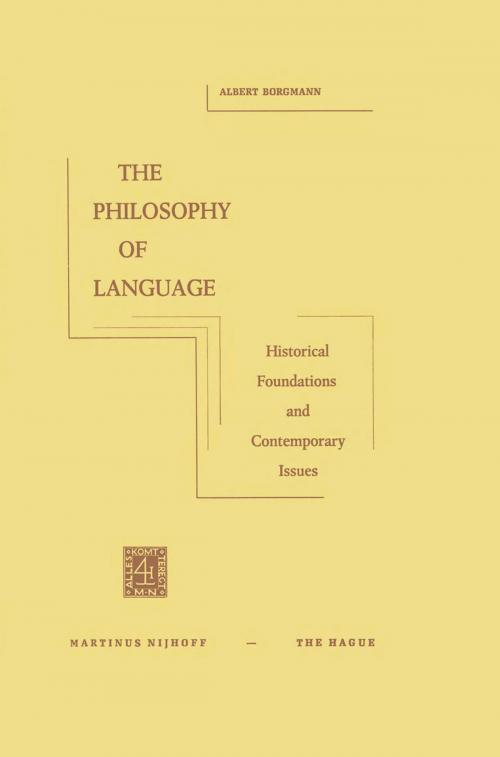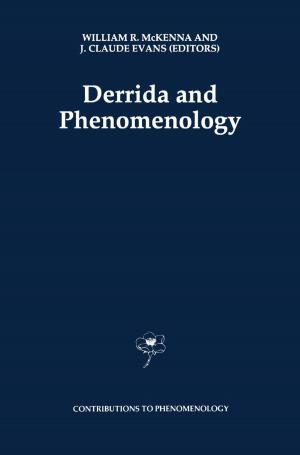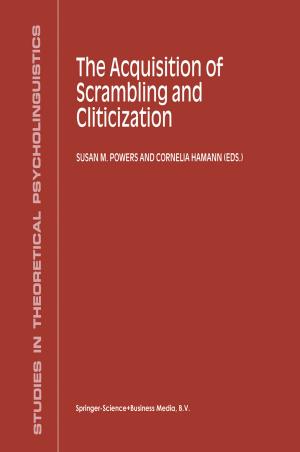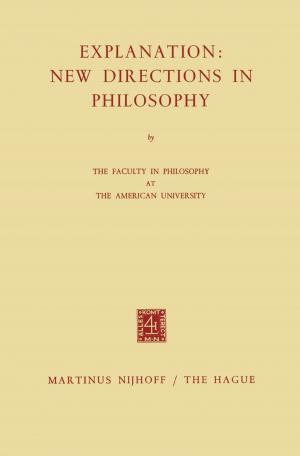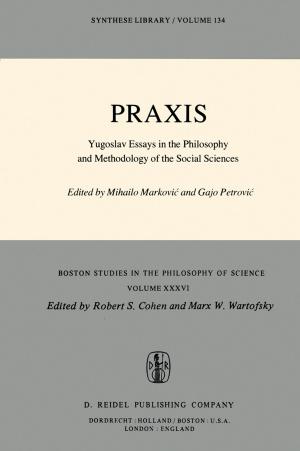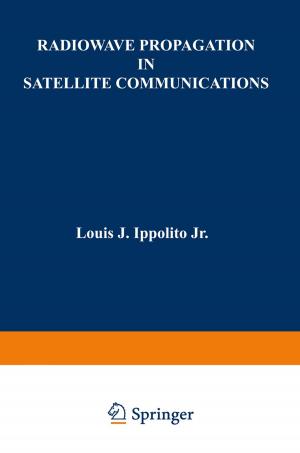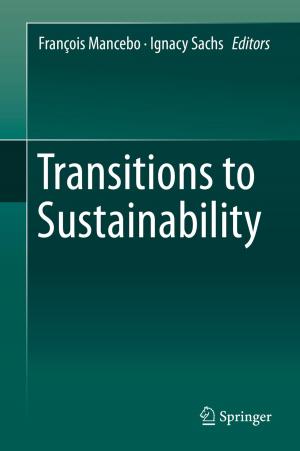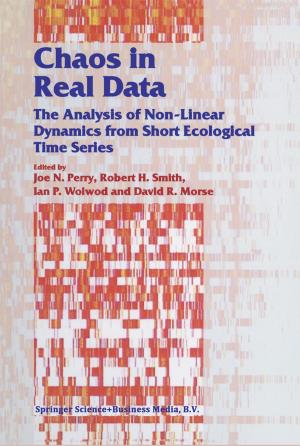The Philosophy of Language
Historical Foundations and Contemporary Issues
Nonfiction, Religion & Spirituality, Philosophy, Reference, Reference & Language, Language Arts| Author: | A. Borgmann | ISBN: | 9789401020251 |
| Publisher: | Springer Netherlands | Publication: | December 6, 2012 |
| Imprint: | Springer | Language: | English |
| Author: | A. Borgmann |
| ISBN: | 9789401020251 |
| Publisher: | Springer Netherlands |
| Publication: | December 6, 2012 |
| Imprint: | Springer |
| Language: | English |
This book deals with the philosophy of language and with what is at issue in the philosophy of language. Due to its intensity and diversity, the philosophy of language has attained the position of first philosophy in this century. To show this is the task of Part Two. But the task can be accomplished only if it is first made clear how language came to be a problem in and for philosophy and how this development has influ enced and has failed to influence our understanding of language. This is done in Part One. What is at issue in the philosophy of language today is the question regarding the source of meaning. More precisely the question is whether we have access to such a source. Again Part One presents the necessary foil for Part Two in showing how meaning was thought to originate in Western history and how the rise of the philosophy of language and the eclipse of the origin of meaning occurred jointly. Today the question of meaning has come to a peculiarly elaborate and fruitful issue in the philosophy of language, and the fate of the philosophy of language is bound up with the future possibilities of meaning.
This book deals with the philosophy of language and with what is at issue in the philosophy of language. Due to its intensity and diversity, the philosophy of language has attained the position of first philosophy in this century. To show this is the task of Part Two. But the task can be accomplished only if it is first made clear how language came to be a problem in and for philosophy and how this development has influ enced and has failed to influence our understanding of language. This is done in Part One. What is at issue in the philosophy of language today is the question regarding the source of meaning. More precisely the question is whether we have access to such a source. Again Part One presents the necessary foil for Part Two in showing how meaning was thought to originate in Western history and how the rise of the philosophy of language and the eclipse of the origin of meaning occurred jointly. Today the question of meaning has come to a peculiarly elaborate and fruitful issue in the philosophy of language, and the fate of the philosophy of language is bound up with the future possibilities of meaning.
